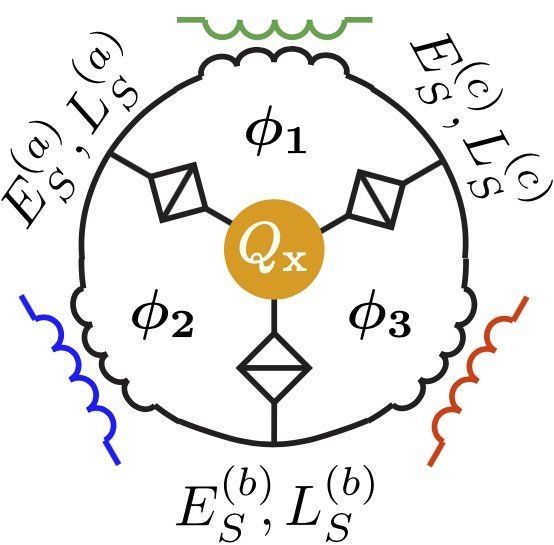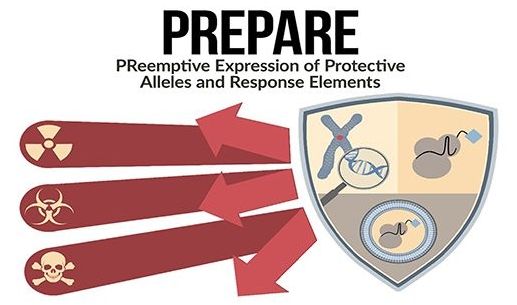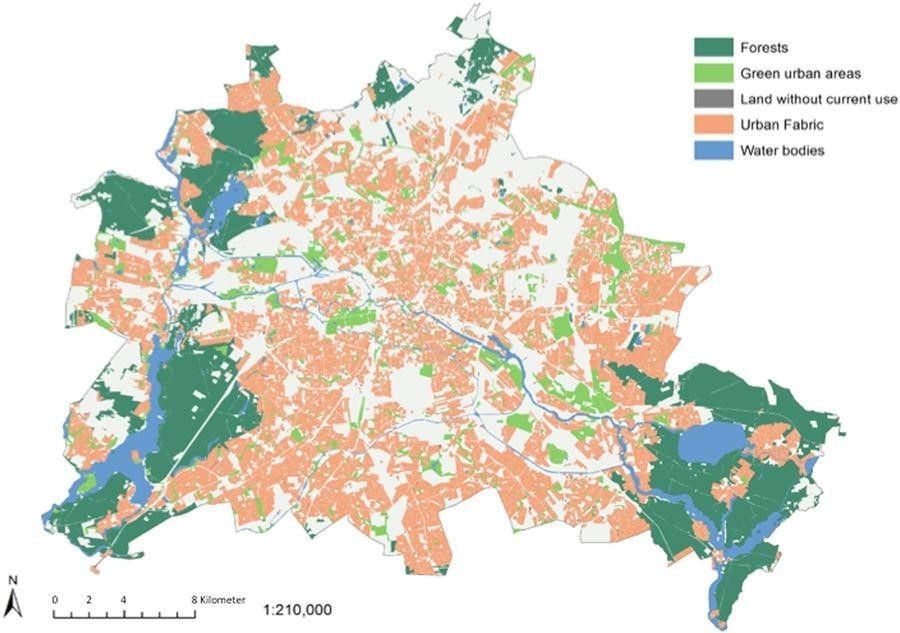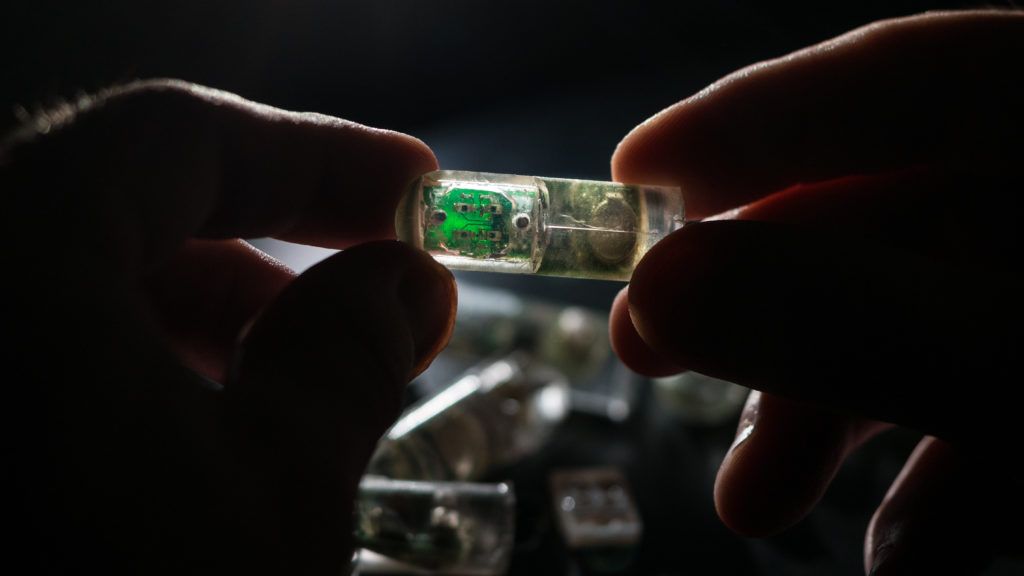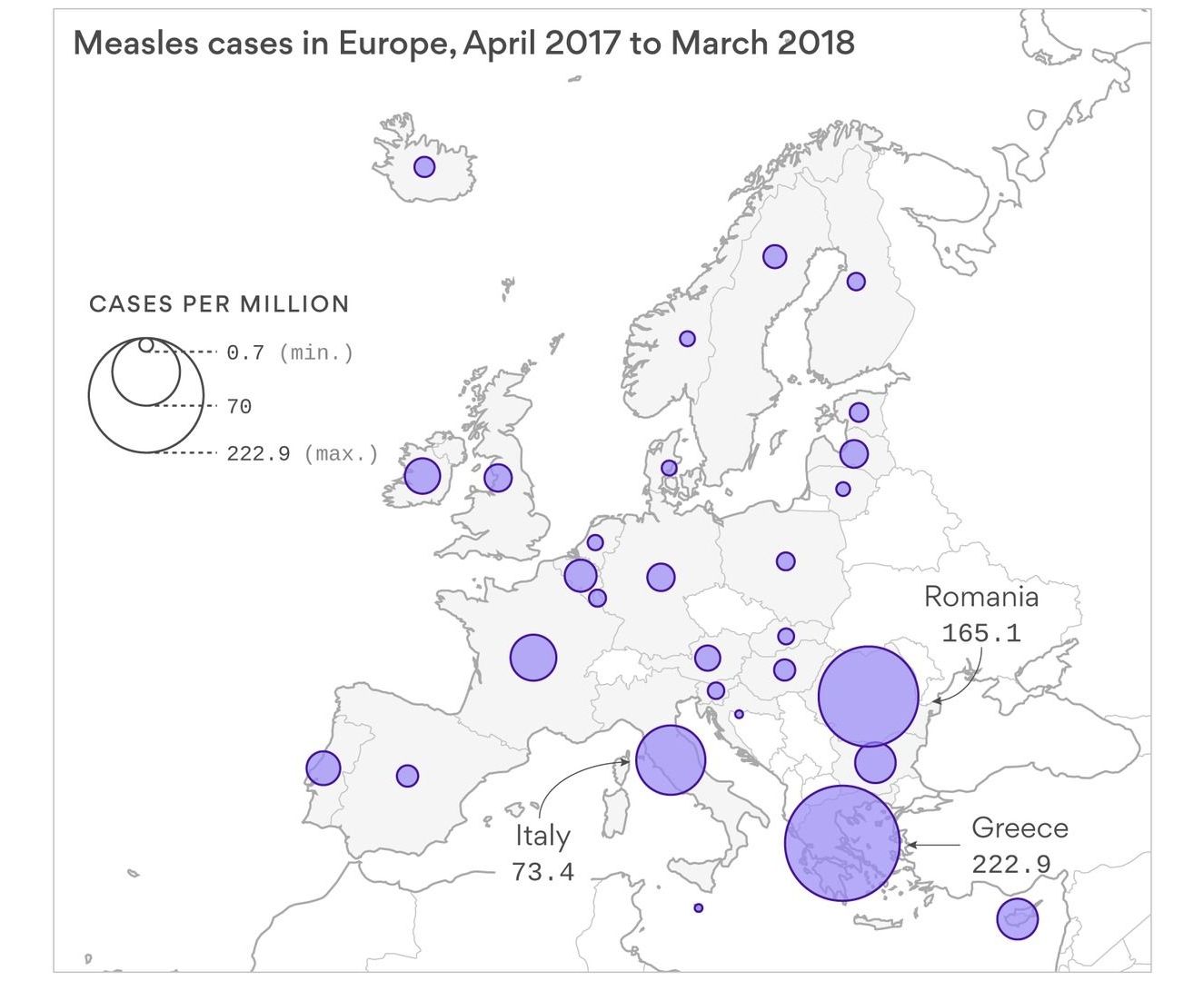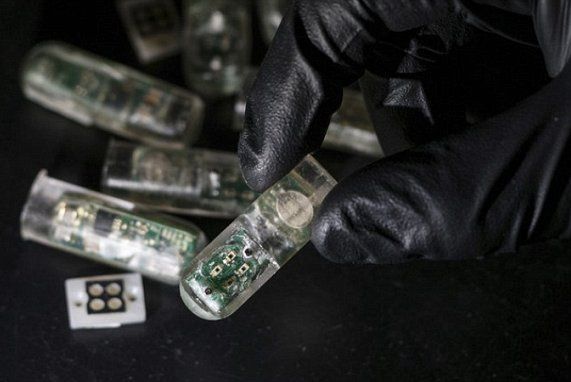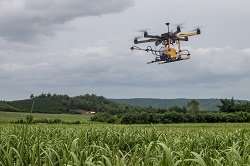It was a good week for physics as a team with members from Australia and Switzerland invented a flux capacitor able to break time-reversal symmetry. They proposed a device based on quantum tunneling of magnetic flux around a capacitor. And another team with members from across the U.S. reported on a gravitational wave event that likely signaled the creation of a black hole—the merger of two neutron stars.
In biology news, a team of engineers led by Sinisa Vukelic invented a noninvasive technique to correct vision. Like LASIK, it uses lasers but is non-surgical and has few side-effects. And an international team of researchers found what they describe as the mother of all lizards in the Italian Alps, the oldest known lizard fossil, from approximately 240 million years ago. Also, a team at the University of Sydney found that walking faster could make you live longer. People do not even need to walk more, the team reported, they just need to pick up the pace of their normal stride to see an improvement in several health factors. And a team from Cal Poly Pomona discovered how microbes survive clean rooms and contaminate spacecraft—and it involved the cleaning agents themselves.
In other news, a team of researchers from the University of California and the University of Southern Queensland announced that they had identified 121 giant planets that may have habitable moons. And a team at Stanford University found that wars and clan structure might explain a strange biological event that occurred 7,000 years ago—male genetic diversity appeared to collapse for a time. Also, a team of researchers from MIT and Harvard University report the development of a 3D printer that can print data sets as physical objects—offering far more realistic, nearly true-color renderings.
